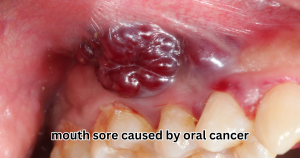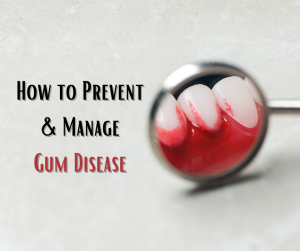Oral cancer, a subtype of head and neck cancers, starts in the tissues of the mouth or throat. It’s essential to detect this cancer early, as the survival rates significantly improve with timely diagnosis. Awareness of symptoms, risk factors, and when to seek professional advice is crucial. Here’s what you need to know about identifying oral cancer and taking action.
What is Oral Cancer?
Oral cancer appears as a growth or sore in the mouth that doesn’t go away. It includes cancers of the lips, tongue, cheeks, floor of the mouth, hard and soft palate, sinuses, and pharynx (throat). According to the American Cancer Society, tens of thousands of people are diagnosed with oral cancer each year, and the disease can be life-threatening if not diagnosed and treated early.
Symptoms of Oral Cancer
Identifying the early signs of oral cancer is critical for timely treatment. Here are specific warning signs of oral cancer to watch for:
- Persistent mouth sores: Sores that do not heal within two weeks, which might be the first sign of oral cancer.
- Lumps or thickening of tissues: Any thickening of the cheek tissue or lumps in the mouth or throat that feel abnormal.
- White or red patches: Unusual patches inside the mouth or on the lips that persist.
- Loose teeth or pain when swallowing: Unexpected tooth mobility without any apparent dental cause.
- Persistent mouth pain: Pain that does not go away and cannot be explained.
- Ear pain: Persistent pain on one side that does not affect hearing.
- Difficulty swallowing or feeling that something is caught in the throat.
- Hoarseness or changes in voice.
- Unexplained weight loss.
- Jaw swelling: Difficulty with or pain when chewing.
Risk Factors
Certain behaviors and conditions can increase your risk of developing oral cancer. These include:
- Tobacco use: Any form of tobacco, including cigarettes, cigars, pipes, chewing tobacco, and snuff, significantly increases your risk.
- Heavy alcohol consumption.
- Human Papillomavirus (HPV).
- Excessive sun exposure: Particularly on the lips.
- Age: Risk increases with age, particularly after 40.
- Diet: A diet low in fruits and vegetables may play a role in oral cancer development.
When to Contact Your Dentist
If you notice any of the warning signs of oral cancer for more than two weeks, it is crucial to make an appointment with your dentist. Early detection is key in managing oral cancer effectively. Your dentist can perform a thorough examination of your mouth and throat. If they find anything unusual, they will recommend a biopsy or refer you to a specialist who can perform further diagnostic tests.
Prevention and Early Detection
Prevention is always better than cure. Avoiding tobacco products, limiting alcohol consumption, protecting your lips from excessive sun exposure, and maintaining a healthy diet can reduce your risk of developing oral cancer. Regular dental check-ups, ideally every six months, are also crucial because a dentist can often spot the early signs of oral cancer, which can sometimes be missed by the untrained eye.
Conclusion
Being informed about the first sign of oral cancer and maintaining regular visits to your dentist are vital steps in protecting your oral health. Remember, early detection saves lives. If you notice any irregularities or persistent changes in your oral health, don’t hesitate—contact your dentist right away. Together, we can fight oral cancer with knowledge and vigilance.



